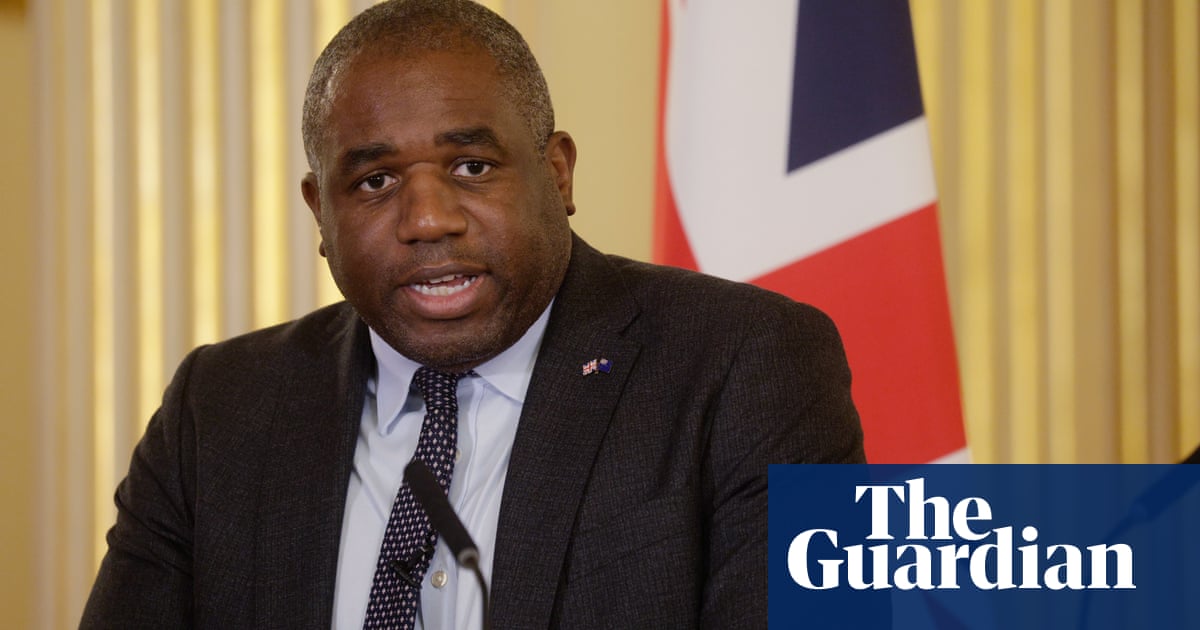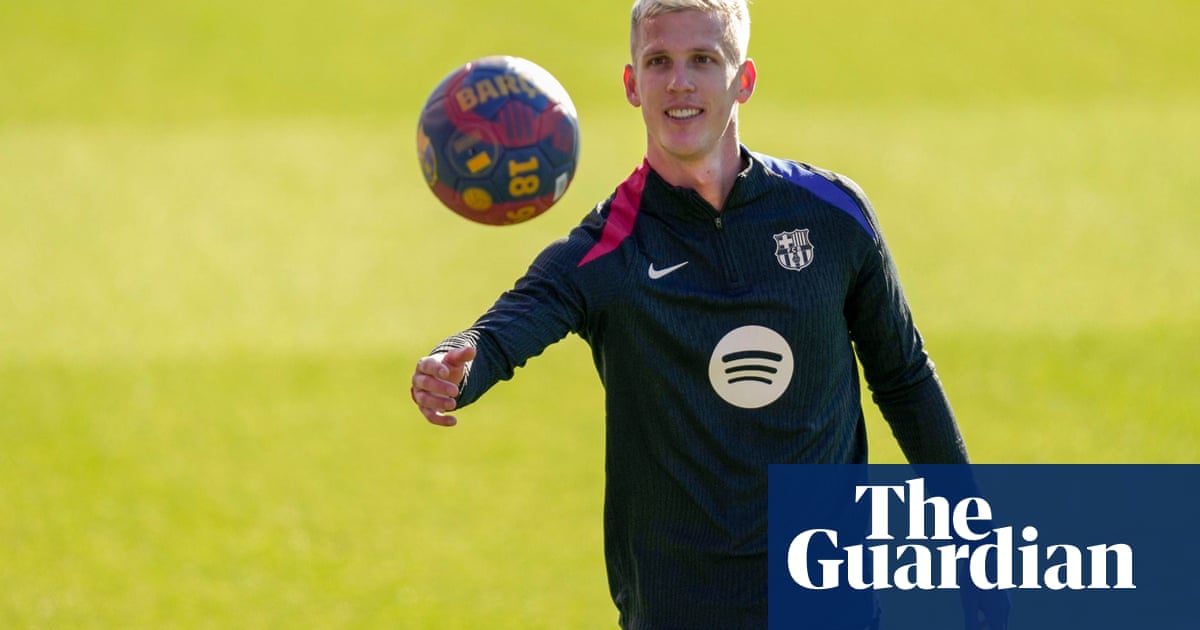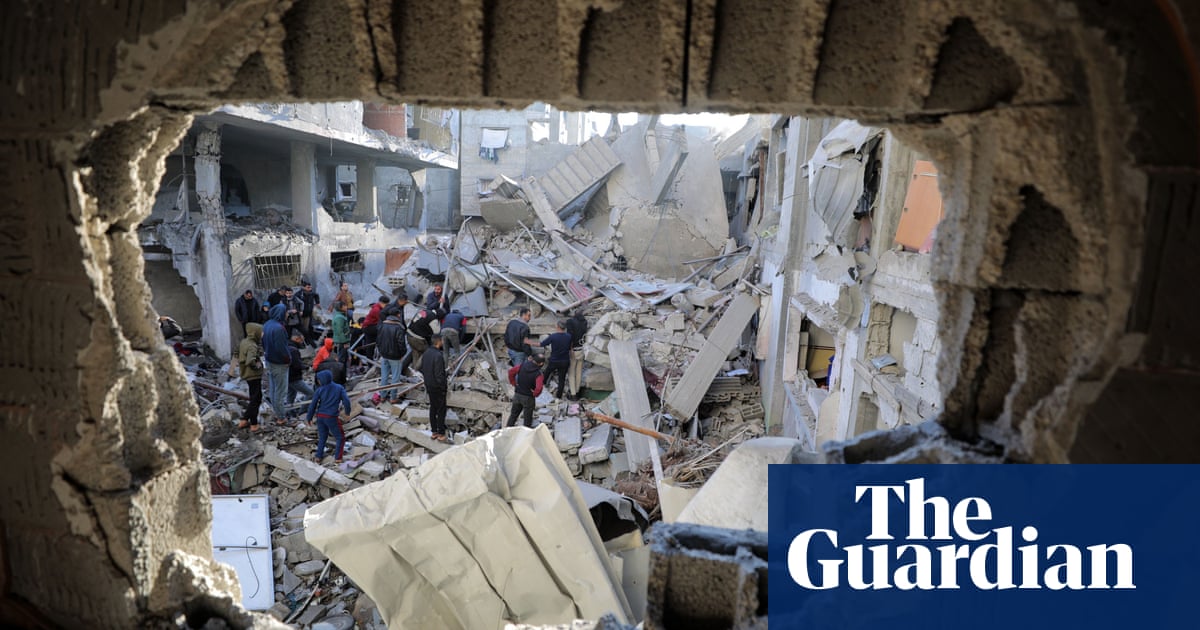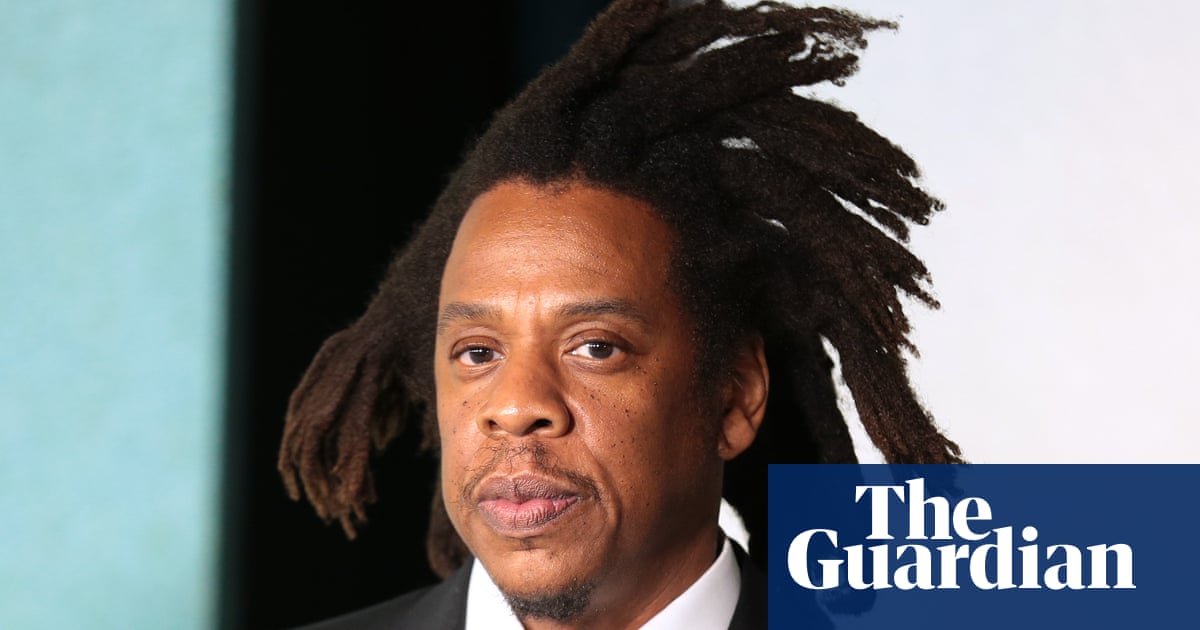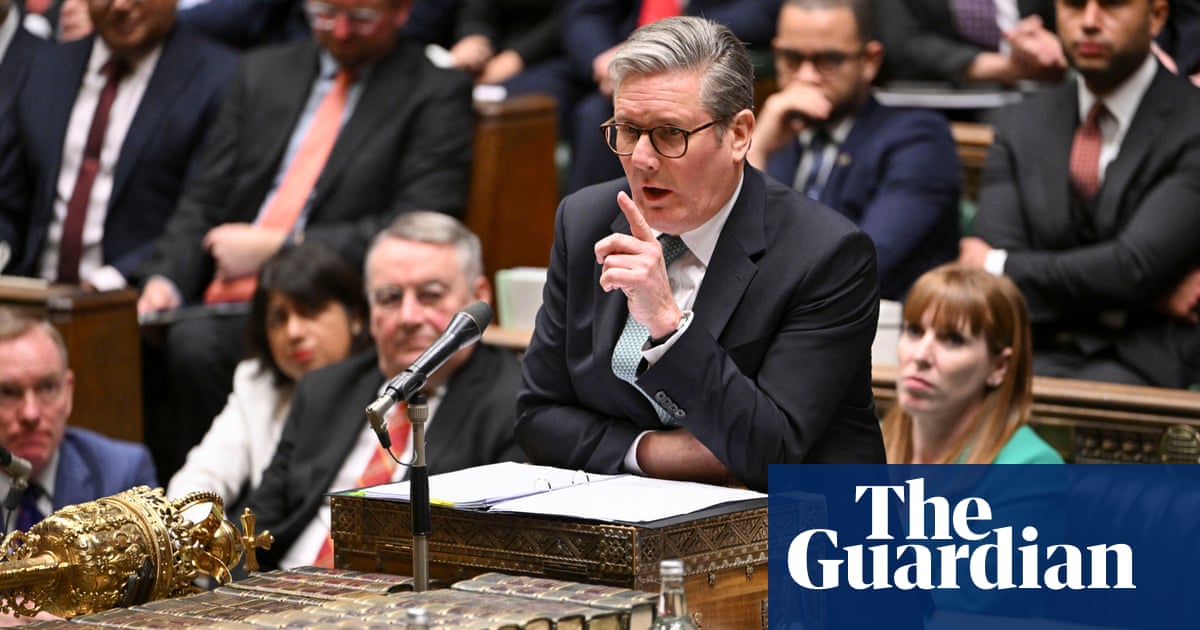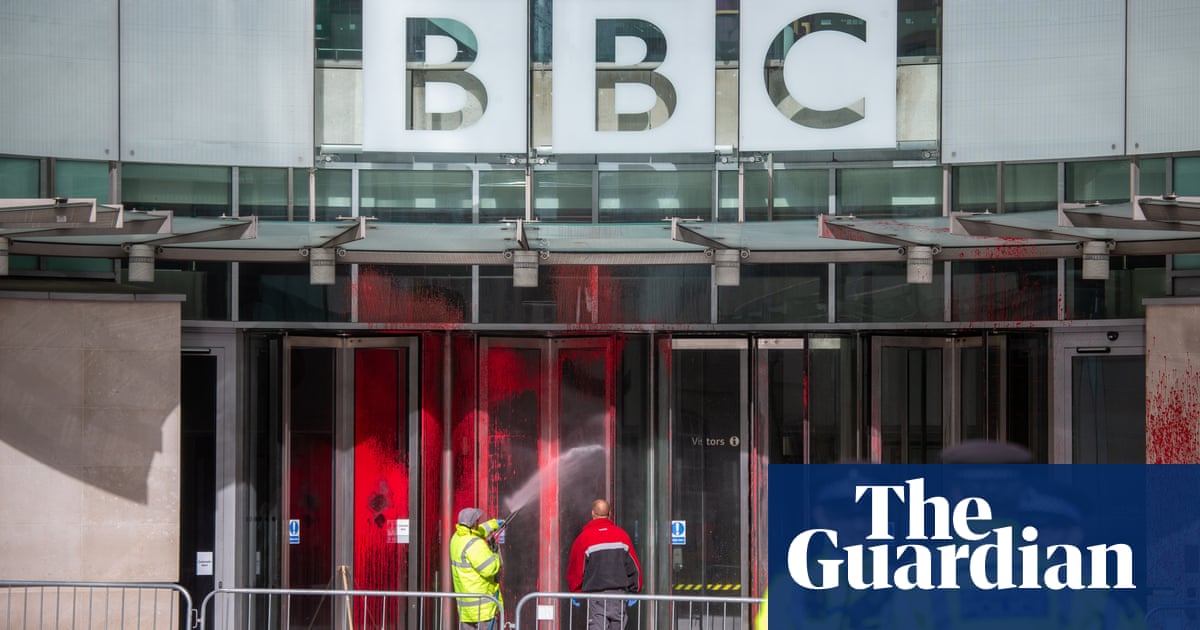Despite the fun-filled antics of The Parent Trap, Big Business and various Olsen twin films, running into your doppelganger is an existentially horrifying prospect. In Mirror Image, one of the finest episodes of The Twilight Zone, the bone-chilling terror of such an encounter is uncovered over 25 taut minutes, with a woman in 1960s New York coming across her double, who grins at her sinisterly in a train station. It slowly dawns on the protagonist that a doppelganger’s presence indicates that your demise is imminent and that they are set to replace you.
In Walter Presents: The Palace, the latest from Channel 4’s Walter Iuzzolino-curated streaming service, a doppelganger’s presence has no such sinister meaning, nor is it the setup for farcical high jinks. Instead, it takes a great premise and settles on a half-baked melodrama.
The show starts in 1961 where, in the dead of the night, a man takes one of his infant twin daughters from an East Berlin home and defects to West Berlin while the baby sleeps. We move forward 27 years, the year before the fall of the Berlin Wall, where Marlene (Svenja Jung), a sharply turned out businesswoman from West Germany, sits down at the Friedrichstadt-Palast to take in one of its famous revue shows. But she’s in for more than she anticipated when she sees that Christine (Svenja Jung), the East German woman performing a glitzy dance solo, is her mirror image. Marlene tracks Christine down and the pair quickly deduce that they are identical twins whose parents have been lying to them their entire lives.
There are plenty of potential directions this could take, but every character in The Palace seems to underreact to extraordinary circumstances. The twins are curious about their true origins and secret family members, but don’t engage with each other with any sense of urgency; they seem more preoccupied with their career prospects as a West Berlin nepo baby and a struggling East Berlin dancer than the whole secret twin thing. It is also never clear whether either of them are supposed to be particularly good at their chosen vocations. Marlene’s ambitions seem largely born of an Electra complex, and, although we hear tell of Christine’s talents, competing with one other dancer in the company for its star soloist position, the evidence is largely confined to her waving a feathered fan and falling over in rehearsals.

While the historical context is fascinating, a year before Germany’s reunification that would see David Hasselhoff dance on a crane over the Wall, the proximity to it also diminishes the tension. While Christine and Marlene are making politically risky moves by visiting each other’s families while pretending to be each other, it’s only a matter of months until they will be able to move freely across the border. There is also a lack of stakes in the flashback scenes in which we see their parents’ budding romance; we’re well aware that their father is hurtling towards embracing capitalism and an unorthodox approach to split custody.
The way the twins are presented is hokey, too. The shots of them together largely involve one face in the frame, with the back of the other’s head, and they are otherwise differentiated by Marlene wearing red-rimmed glasses. While no one is expecting an artsy German drama to have the budget of a Nancy Meyers movie, it’s a notably less impressive dual performance than the one Lindsay Lohan pulled off in The Parent Trap – as two 11-year-olds with distinctly different accents and personalities.
While there are some intriguing elements, and the period costumes and set design are handsomely realised, with some truly exquisite wallpaper on display, The Palace is too staid to generate much interest in the sisters’ dual plights. There’s a veneer of quality throughout (the supporting cast are all excellent at staring into the middle distance when processing painful memories, or swigging on whisky to take the edge off a difficult confrontation), but the weak character arcs are hard to invest in.
You can’t help but feel that, somewhere out there, there is a better version that taps into the existential dread of discovering your double, and the ensuing identity crisis that is further compounded by metaphorical parallels with the turmoil Germany went through after the second world war. And as with Mirror Image, you wish that incarnation of the story would appear out of nowhere and take this one’s place.

.png) 2 months ago
16
2 months ago
16





